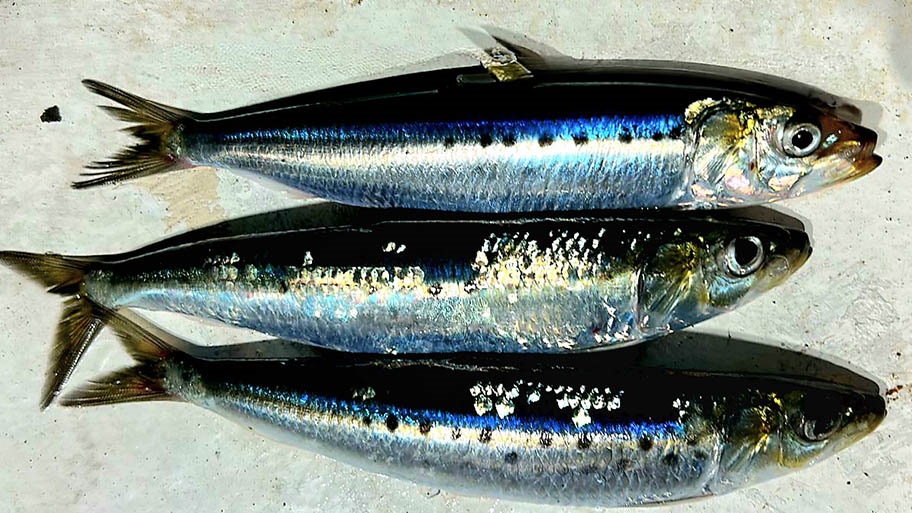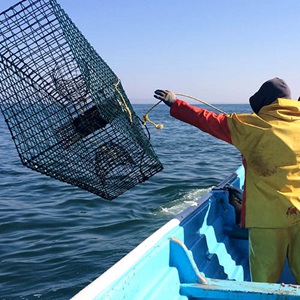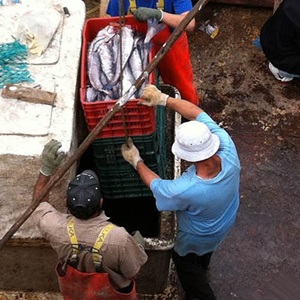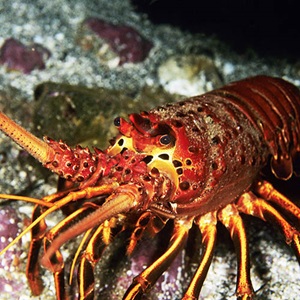Trained observers will collect data around incidental catch and habitats in the range of the Mexican sardine fishery, to inform a management strategy and minimise environmental impacts.
- Evidence gathering of the fishery’s interactions with and impacts on endangered species, habitats and the ecosystem
- Training of onboard and landing observers for the correct identification of bycatch, seabird, shark and other vulnerable species
- Implementation of measures and a management strategy to minimise impacts
Start date: April 2024
£50,000 GBP
Transition Assistance Fund
Awardee
Alianza por la Sostenibilidad de las Sardinas A.C
Fishery
Pacific sardine temperate stock
Progressing towards certification
The Mexican Pacific sardine (Sardinops sagax) temperate stock fishery operates on the western coast of the Baja California Peninsula. The waters are known for their high level of biodiversity, and the fishery operates within the distribution range of sharks, seabirds and other Endangered, Threatened and Protected (ETP) species.
Verified as part of the In-Transition to MSC Program, the fishery aims to enter assessment for certification to the MSC Fisheries Standard by 2026.
A Transition Assistance Fund grant will enable the fishery to gather the information needed to quantify its interactions with non-target species, and any bycatch. This information is key for the design of a management strategy that will ensure the fishery minimises its impacts on ETP species.

“The fund represents important support for the proper implementation of the project. We are very excited to be able to achieve adequate monitoring of the environmental impact of the fishery and generate important data on non-target species interactions, bycatch and mitigation measures.”
Comité Técnico para el Estudio de los Pelágicos Menores
What the project will do
To achieve its goals, the fishery must provide evidence from independent observers documenting the fishery’s interactions and impacts on ETP Species and other bycatch.
Mexican regulations require a minimum 20% observer coverage for total fishing effort, and the project will implement six observers for over 20% of the vessels in the sardine fleet. Observers will be trained to correctly identify all species encountered and implement measures to minimise impacts on sensitive fauna. Evidence will be presented as logs and photographic records, and data analysis will be conducted through Fishing Data, a fisheries consultancy.
The aims are to analyse and estimate the bycatch with respect to the target catch and:
- Determine the most abundant species in the bycatch
- Determine mortalities
- Monitor the frequency and efficiency of the use of seabird mitigation measures
Data from fishing locations with bottom-associated bycatch will be analysed to assess the impacts of the fleet with the seabed, and to ensure effects on habitats are minimised. Finally, a robust management strategy will be implemented to ensure sustainability measures are upheld.
Related projects
-(1)-500.tmb-thumb300.jpg?Status=Master&Culture=en&sfvrsn=2136ae02_1)
Mexico, Yucatán Octopus: Monitoring crab baits and environmental effects

Mexican barred sand bass: Supporting fishing cooperatives

Gulf of California hake: Improving sustainability and management

